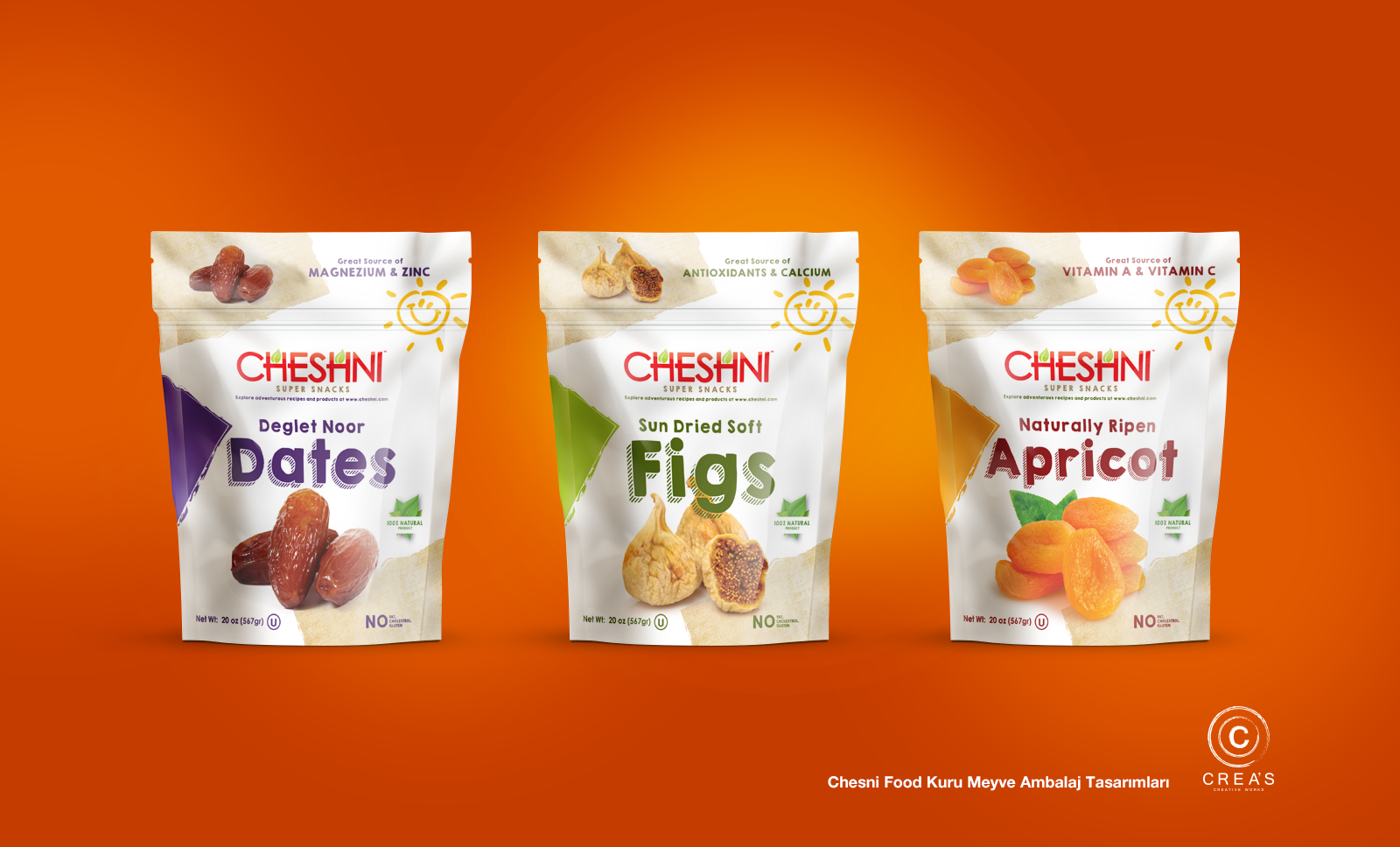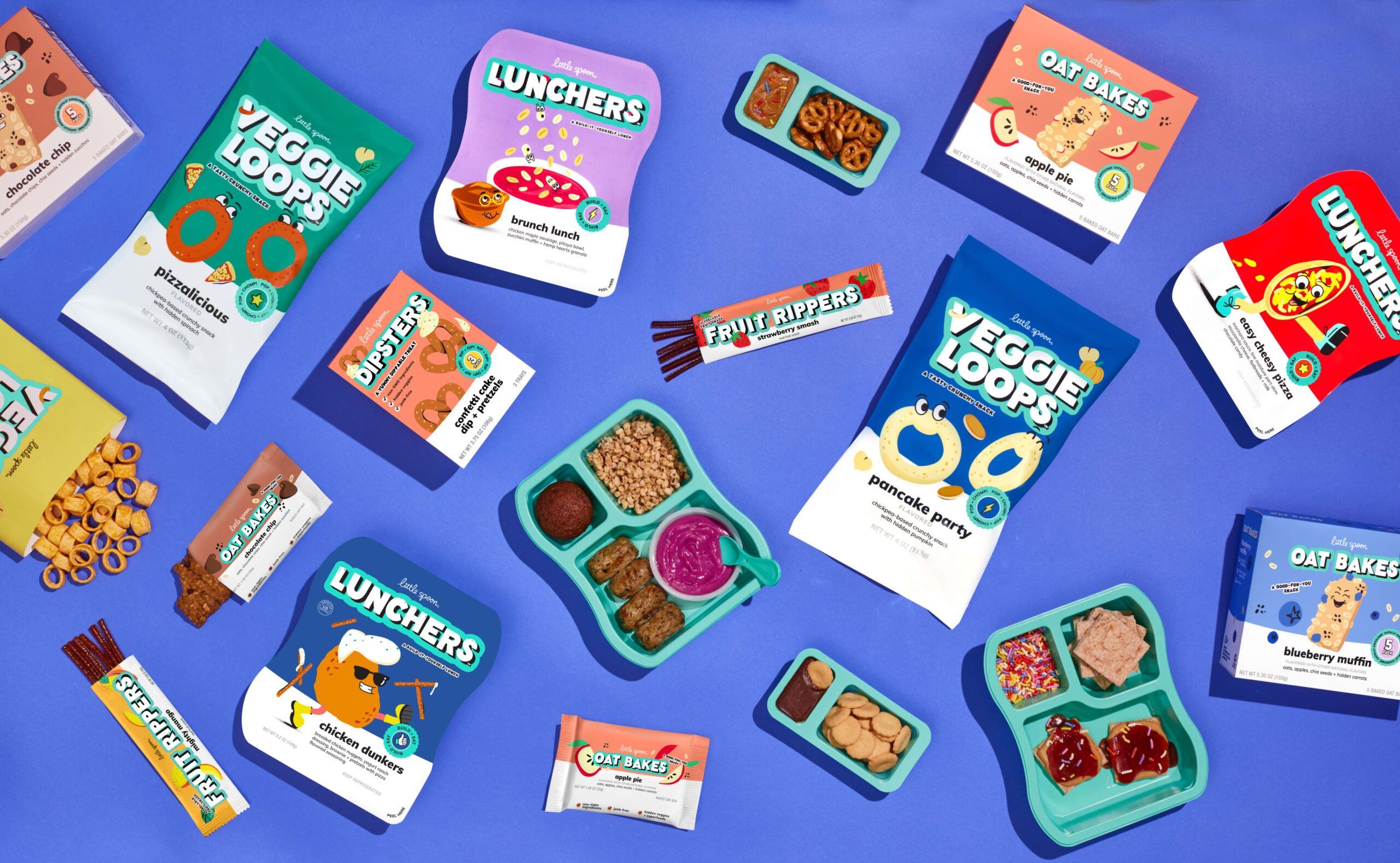In the world of food storage and preservation,
Mylar bags have emerged as a popular choice due to their excellent barrier properties. But when it comes to ensuring optimal freshness, one crucial factor that demands attention is the thickness of these bags.
Understanding Mylar Bags
Mylar is a brand name for biaxially-oriented polyethylene terephthalate (BoPET), a type of polyester film. Mylar bags are often made with multiple layers, sometimes including aluminum foil laminates, which enhance their ability to block out light, oxygen, and moisture. These bags come in a range of thicknesses, typically measured in mils, where 1 mil equals one-thousandth of an inch (0.001 inches or 0.0254 mm).

The Significance of Thickness in Preserving Freshness
Protection Against Moisture
Moisture is the enemy of many food items, as it can lead to mold growth, spoilage, and a loss of texture and flavor. Thicker Mylar bags, generally those 5 mils and above, offer superior moisture protection. Their multiple layers and denser construction create a more effective barrier, preventing water vapor from seeping in or out. For example, if you're storing dried fruits or nuts, which can quickly become soggy in the presence of moisture, a 5 - 7 mil Mylar bag will keep them crisp for a much longer time compared to a thinner alternative. Thin Mylar bags, especially those less than 4.5 mils, are more permeable to moisture, and this can significantly reduce the storage time of moisture - sensitive foods.
Blocking Light
Light, particularly ultraviolet (UV) rays, can initiate chemical reactions in food that cause it to degrade. Oils in nuts and seeds can become rancid, and the color and flavor of many foods can change when exposed to light. Thicker Mylar bags are more opaque and better at blocking light. Bags with a thickness of 5 mils or more provide excellent protection against UV rays, ensuring that the food inside remains in optimal condition. In contrast, thin Mylar bags with a thickness of 4 mils or less allow light to pass through, accelerating the spoilage process of the stored food.
Resistance to Punctures
During handling, storage, and transportation,
Mylar bags may encounter sharp objects or rough surfaces that could potentially puncture them. A puncture can compromise the integrity of the bag, allowing air, moisture, and contaminants to enter. Heavier and more durable products, such as large quantities of grains or products with sharp edges like pasta, require a thicker bag for protection. Thicker Mylar bags, like 6 or 7 mil options, are more resistant to punctures and tears, providing better structural integrity. If you're storing food in larger quantities, say in a five - gallon Mylar bag, a 6 or 7 mil thickness is advisable to prevent the bag from tearing under the weight of the food.
Different Thickness Options and Their Applications
1.0 - 2.0 mil
These are the thinnest Mylar bags available. They are relatively lightweight and flexible. 1.0 mil bags are ideal for products that have a short shelf life and don't require extensive protection, such as single - use items or sample products. 2.0 mil bags can be used for lightweight products that need some basic protection against minor environmental factors but are not highly sensitive. However, they are not suitable for long - term storage or for protecting products that are very sensitive to moisture, light, or punctures.
3.0 - 4.5 mil
Bags in this thickness range offer a balance between flexibility and protection. They can be used for storing small amounts of food for short - term periods, perhaps up to a couple of months, as long as they are kept in a low - humidity environment away from direct sunlight. A 4.0 mil bag can be a good starting point for storing items like ground coffee, where the bag needs to be somewhat flexible to conform to the shape of the product. However, they may not be sufficient for long - term storage of dry goods or for products that are more sensitive to external elements.
5.0 - 7.5 mil
For optimal freshness and long - term storage, Mylar bags in the 5 - 7.5 mil range are the best choice. These bags provide excellent insulation and protection against sunlight, humidity, and gases. They are perfect for storing dry food items like flour, grains, beans, and spices for extended periods, often more than a year. A 5 - mil Mylar bag is thick and flexible, though it may wrinkle easily. A 7 - mil bag, on the other hand, is more rugged and offers even greater puncture resistance. When storing food for decades, such as in emergency food storage scenarios, thick Mylar bags combined with oxygen absorbers are highly recommended.

Factors to Consider When Choosing Thickness
Type of Food
The nature of the food you're storing plays a significant role in determining the right Mylar bag thickness. Foods with sharp edges, like macaroni or certain types of crackers, may puncture thinner bags. For these, a 6 + mil bag is more suitable. Flour, grains, and beans, which are less likely to cause punctures, can be stored in 5 mil bags. Additionally, fatty foods or those with a high oil content, such as nuts and seeds, are more sensitive to oxidation and rancidity, so they benefit from the better light and oxygen protection provided by thicker bags.
Storage Duration
If you're storing food for a short time, perhaps a few weeks or months, a thinner bag in the 3.5 - 4.5 mil range might be sufficient. However, for long - term storage, aiming for a thickness of 5 mils or more is crucial. The longer the food needs to stay fresh, the more protection it requires against external factors, and thicker Mylar bags are better equipped to provide this.
Quantity of Food
The amount of food you plan to store also impacts the bag thickness choice. Larger quantities of food put more stress on the bag, increasing the risk of tearing. For example, storing legumes in one - or two - gallon bags might be possible with 4.5 mil bags. But if you're using a five - gallon bag for the same purpose, a 6 or 7 mil bag is a safer bet to avoid the bag ripping under the weight.
In conclusion, choosing the right thickness of Mylar bags is essential for maintaining the optimal freshness of your stored items. By considering factors such as the type of food, storage duration, and quantity, you can make an informed decision and ensure that your food stays in the best possible condition for as long as needed.
mylar stand up
mylar weed bags
mylar bags for freeze drying

